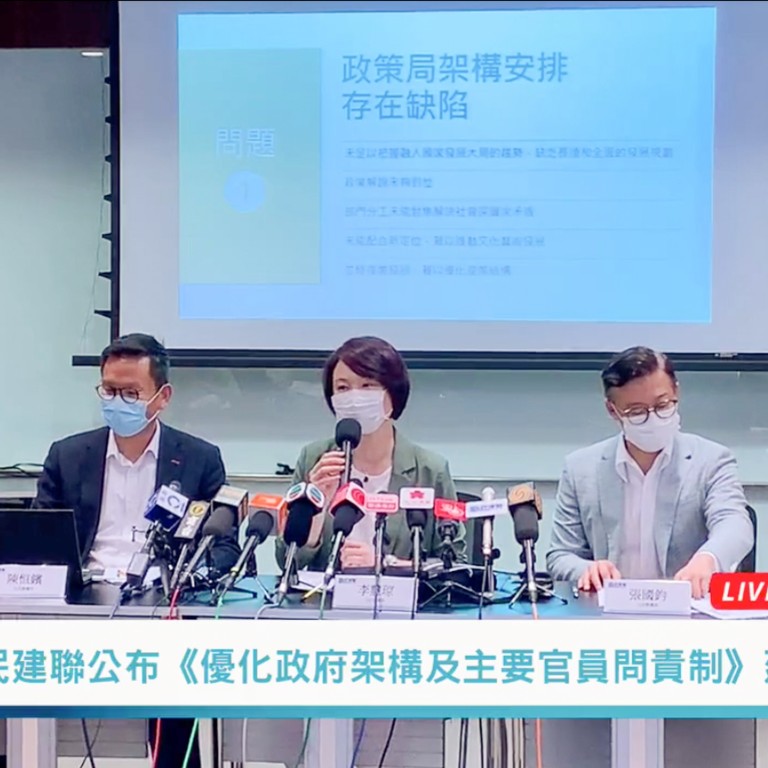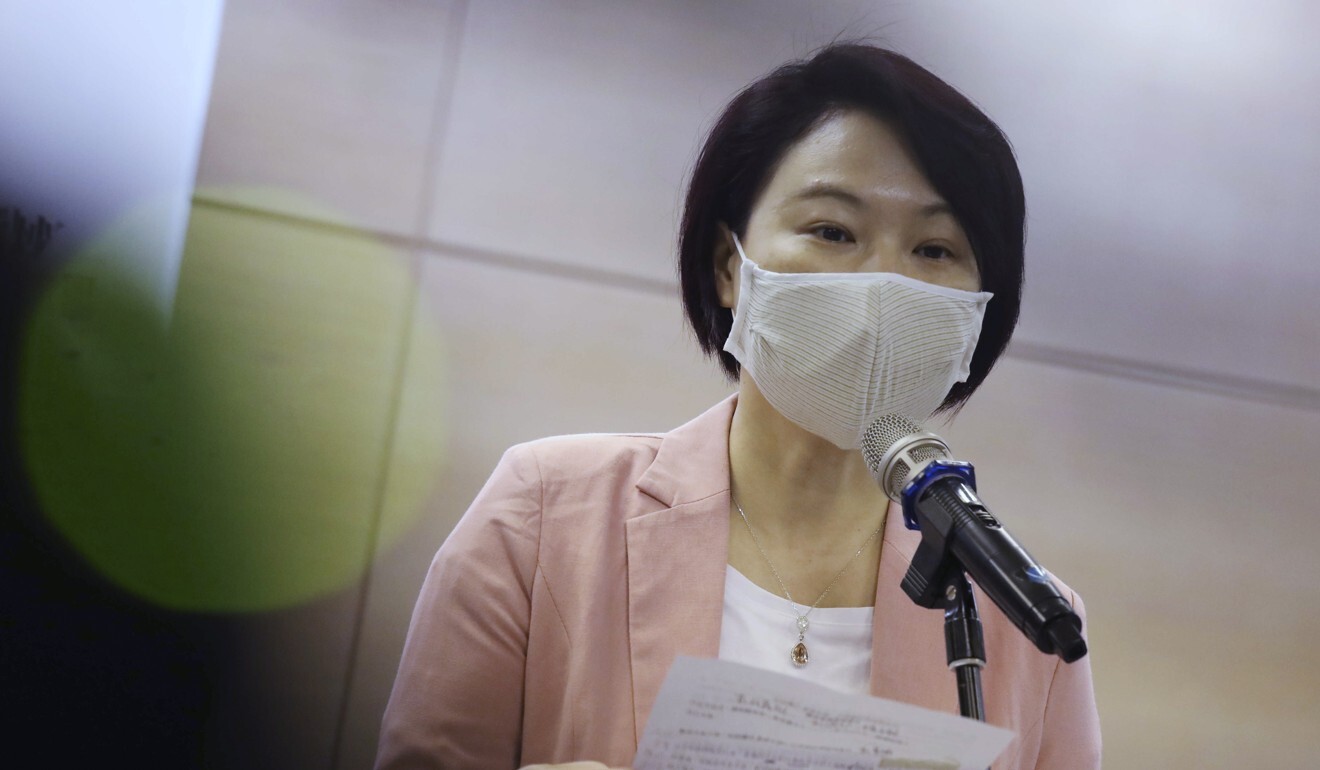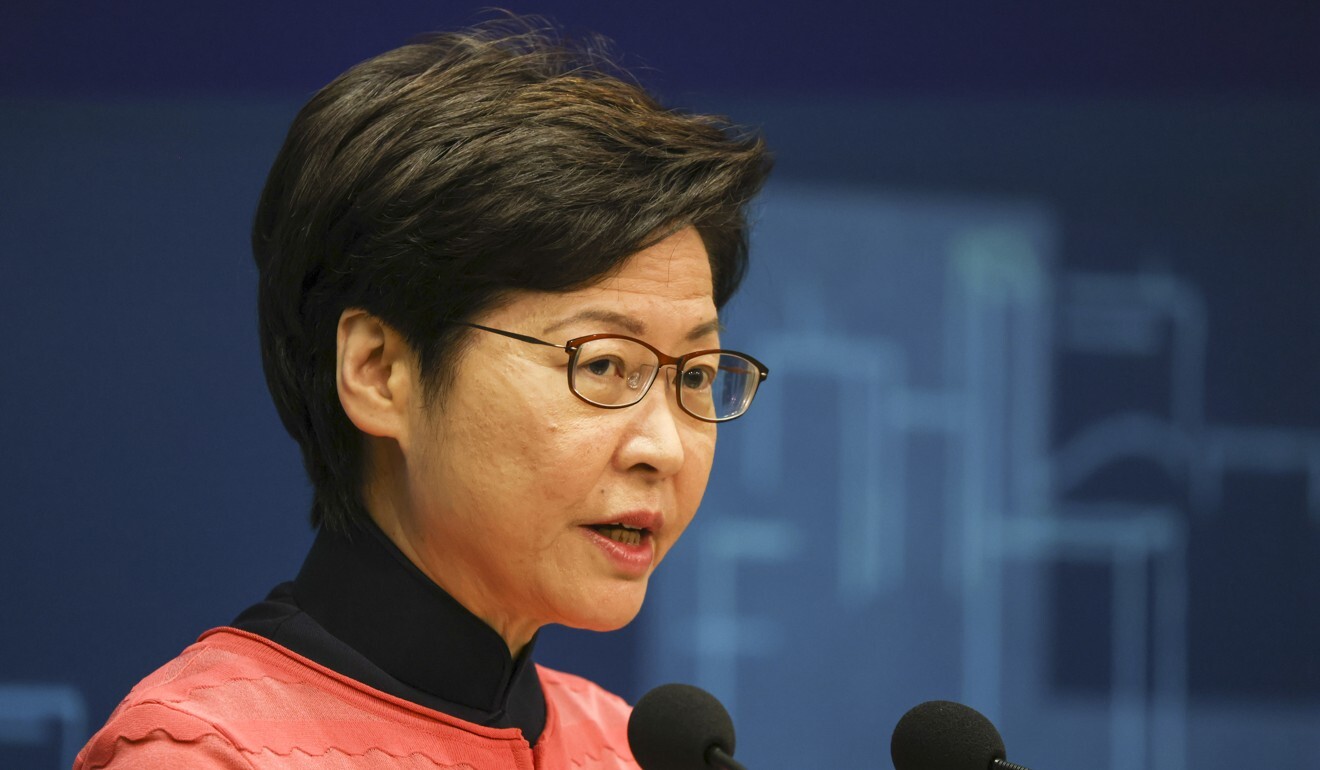
Hong Kong could learn from Singapore and Shenzhen when it comes to economic growth, lawmakers say
- Democratic Alliance for the Betterment and Progress of Hong Kong says government should look outside civil service
- Largest pro-establishment party says city needs development and reform commission similar to one in mainland China
Hong Kong’s largest pro-establishment party has urged the government to create new authorities and appoint more people from outside the civil service to help the city diversify its economy, and solve social problems such as housing and environmental hygiene.
Aside from new policy bureaus and political posts, leaders of the Democratic Alliance for the Betterment and Progress of Hong Kong also said officials should learn from Beijing, in establishing a development and reform commission responsible for drafting a plan for Hong Kong’s future growth.
“Under a strong ruling party, Singapore’s GDP and innovation is better than Hong Kong’s. Even Shenzhen exceeds us, so we need to reflect on this.”

The National Development and Reform Commission is an influential ministry in mainland China responsible for drafting and executing the country’s annual socio-economic blueprint, its five-year plans, and its latest targets to be achieved by 2035.
Earlier this month, Hong Kong leader Carrie Lam Cheng Yuet-ngor conceded that her administration’s structure needed to be overhauled.
Pro-establishment politicians have urged Lam to learn from the mainland in putting cultural, sports and tourism policies under one bureau, turning the Development Bureau into the housing and land planning bureau, as well as creating the post of deputy chief secretary to oversee the city’s youth affairs.
Time ‘ripe’ for Article 23 to combat ‘state-level spying’: Hong Kong minister
But Horace Cheung Kwok-kwan, the DAB vice-chairman and a member of the Executive Council, Lam’s de facto cabinet, said a more drastic shake-up of the system was required.
“We need the Innovation and Technology Bureau to oversee Hong Kong’s re-industrialisation, while the Food and Health Bureau has to be more proactive in supporting traditional Chinese medicine, beauty and cosmetics, as well as agriculture and fisheries as the city’s new industries,” he said.
Cheung said that various bureaus should be allowed to appoint more than one undersecretary or political assistant to help the minister, while the mainland affairs and commerce bureaus should be reformed to allow non-civil servants to head their 18 offices – five on the mainland and 13 around the world.
“Those posts should be taken up by people who are most familiar with the region they oversee, or have strong links with Hongkongers there,” he said.

Cheung also proposed that while the Food and Health Bureau should continue to ensure food safety in Hong Kong, the city’s environmental hygiene should come under home affairs, so district officials would be held accountable for public hygiene issues when municipal-level politicians complained to them.
“There are public hygiene problems in many communities … because district officers either lack the motivation to tackle the problems, or do not have the power to mobilise environmental hygiene authorities to do it,” he said.
At present, the Home Affairs Bureau’s 18 district officers are senior civil servants appointed to look after each district’s administration.
‘Majority support’ among Democratic Party members for Hong Kong election boycott
DAB lawmaker Ben Chan Han-pan said to further improve accountability, those officers should be made political appointees.
The chief secretary should be empowered to assess the work of all political appointees, including bureau chiefs, undersecretaries and political assistants, according to key performance indicators such as popularity, he added.
“Nowadays officials could be popular because they didn’t do anything,” he said. “A set of KPIs are needed to assess whether the bureau’s objectives are met, and whether officials have been too passive.”
Lee said the DAB would discuss these proposals with Lam, and push for them to be implemented soon. The current administration’s term expires in June next year.

